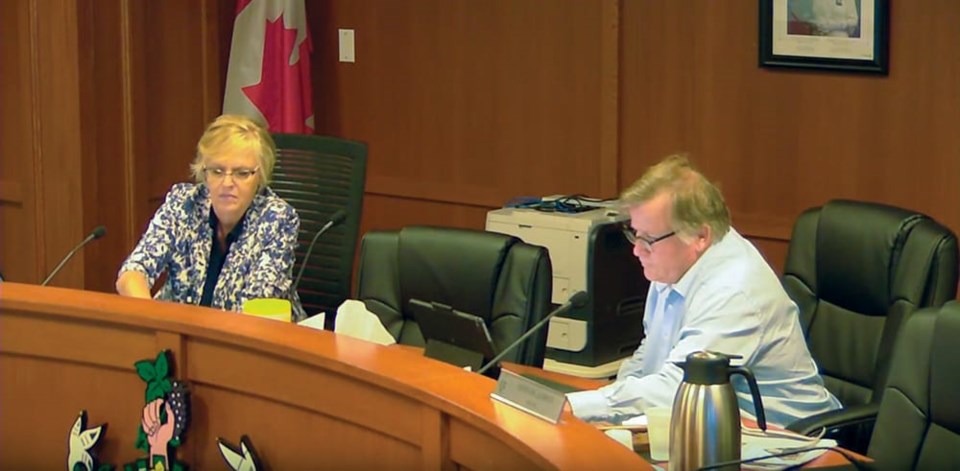Expert sees no rationale to introduce scheme in Pelham—or anywhere else
Although they were made aware back in August that the Ford government had introduced a proxy voting option for municipal councils, seemingly out of the blue last week Councillors Bob Hildebrandt and Lisa Haun discovered new urgency in pushing through this radical departure from the norms of representative democracy.
Voting by proxy means that a councillor could nominate a fellow councillor to vote on his or her behalf, without attending the council meeting during which the vote takes place, nor engaging in discussion about the matter at hand, nor being subject to questions from fellow councillors.
The Ford government introduced the option in July, as part of a COVID-19 response bill, although the change will remain in place after pandemic emergency measures are lifted. The Voice is not aware of any Ontario municipality that has opted in.
Last week, the Voice reached out to Brock University Emeritus Professor of Political Science David Siegal for his take on the wisdom of proxy voting.
Siegal said that the principle of elected council governance puts a great deal of emphasis on the members of council meeting as a group, discussing an issue, and arriving at a meeting of minds, before arriving at a decision.
“That sharing of views among members is seen as important,” said Siegal. “This is why boards generally do not countenance proxy voting or any other form of participation in decision-making without participating in the shared discussion that leads up to the decision making.”
Siegal said that a council member could enter a meeting with one view but switch views because of the nature of the discussion, or sometimes a member of the board “might present one of those surprise blockbuster bits of information that puts the issue in a whole different light.”
During the pandemic we have been forced to change our way of doing things, Siegal pointed out, saying that the provision for virtual meetings—by telephone or video conference— has been a positive thing.
“People can discuss issues in real time, even though they must remain separate for public health reasons. People feel like it is a second-best alternative, but it is a necessity. Personally, I don't see the necessity associated with proxy voting.”
Siegal said that councillors can attend virtual meetings to hear and participate in all the discussion with no danger to their health, as municipal councils have been doing across Canada since the start of the pandemic.
“I see no reason why people who have not ‘attended’ a meeting and benefited from the discussion at the meeting should be able to vote on an issue, when the person might not be informed of important matters that were discussed at the meeting.”



